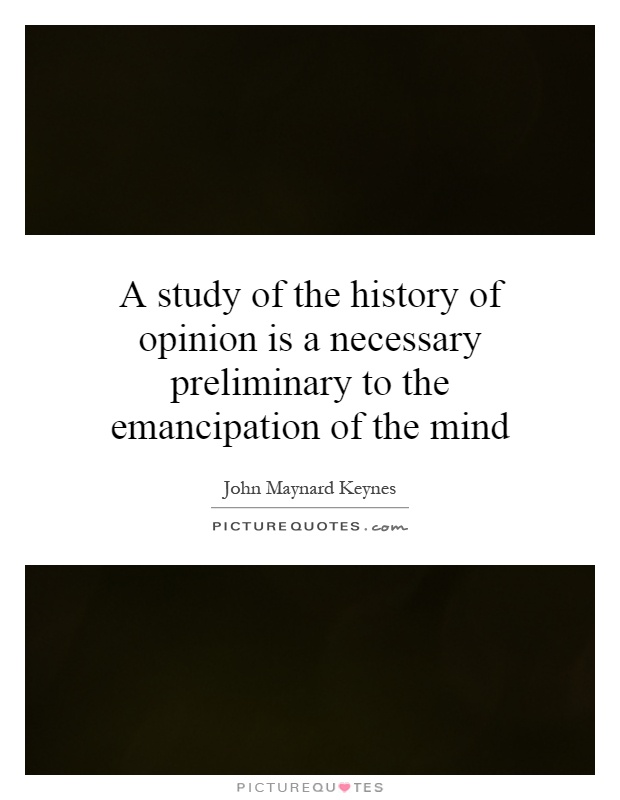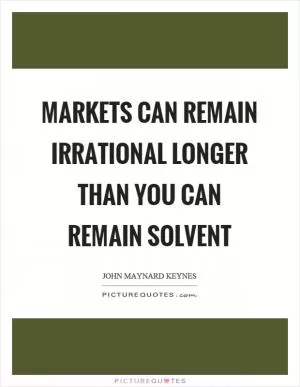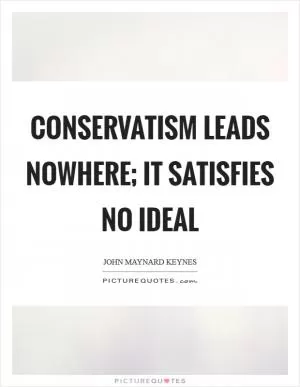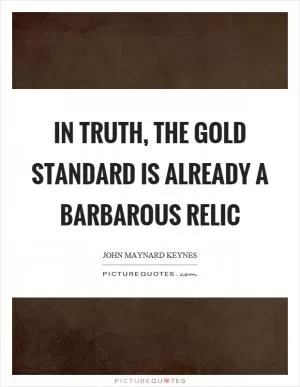A study of the history of opinion is a necessary preliminary to the emancipation of the mind

A study of the history of opinion is a necessary preliminary to the emancipation of the mind
John Maynard Keynes, the renowned economist, is often credited with revolutionizing economic thought and policy during the 20th century. His ideas on government intervention in the economy, the role of aggregate demand in shaping economic outcomes, and the importance of understanding human behavior in economic decision-making have had a lasting impact on the field of economics. However, Keynes was not just an economist; he was also a philosopher and a thinker who believed in the importance of intellectual freedom and the emancipation of the mind.Keynes understood that in order to truly understand and challenge prevailing beliefs and assumptions, one must first study the history of opinion. By examining the evolution of ideas and beliefs over time, one can gain a deeper understanding of the forces that shape our thinking and the constraints that limit our intellectual freedom. This historical perspective allows us to see how ideas have been shaped by social, political, and economic forces, and how they have been used to justify and perpetuate existing power structures.
For Keynes, the emancipation of the mind was not just a theoretical concept; it was a practical necessity for progress and innovation. He believed that by challenging conventional wisdom and questioning established beliefs, individuals could break free from the constraints of dogma and ideology and open themselves up to new possibilities and ideas. This intellectual freedom was essential for creativity, innovation, and progress in all areas of human endeavor, including economics.
Keynes himself was a living example of the power of intellectual freedom. Throughout his career, he challenged prevailing economic theories and policies, and his ideas revolutionized the field of economics. By questioning the assumptions of classical economics and advocating for government intervention to manage aggregate demand, Keynes paved the way for the development of modern macroeconomic theory and policy.












 Friendship Quotes
Friendship Quotes Love Quotes
Love Quotes Life Quotes
Life Quotes Funny Quotes
Funny Quotes Motivational Quotes
Motivational Quotes Inspirational Quotes
Inspirational Quotes